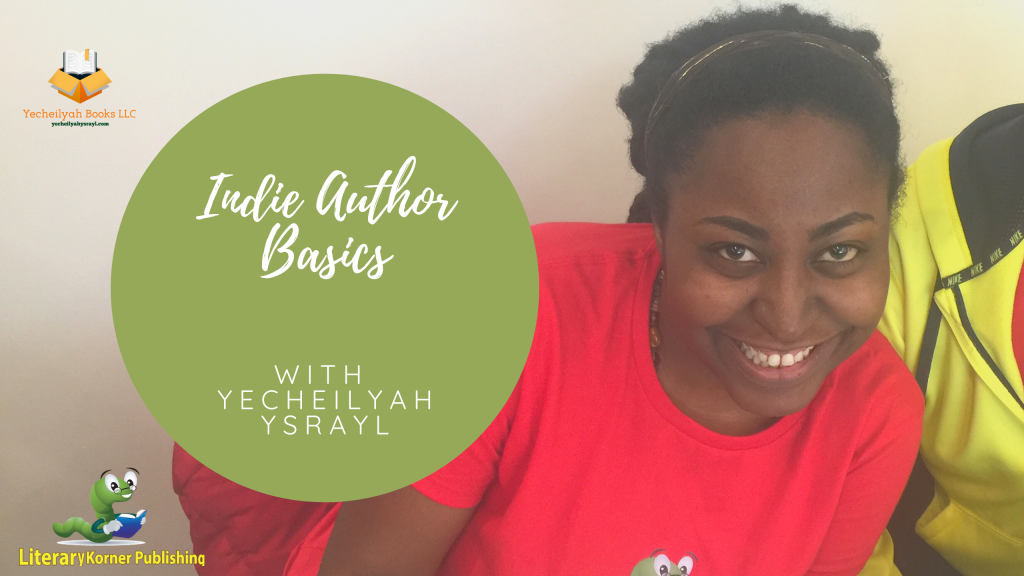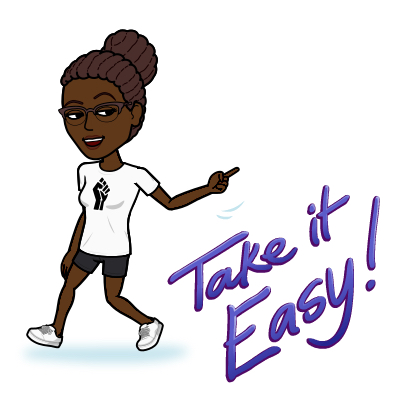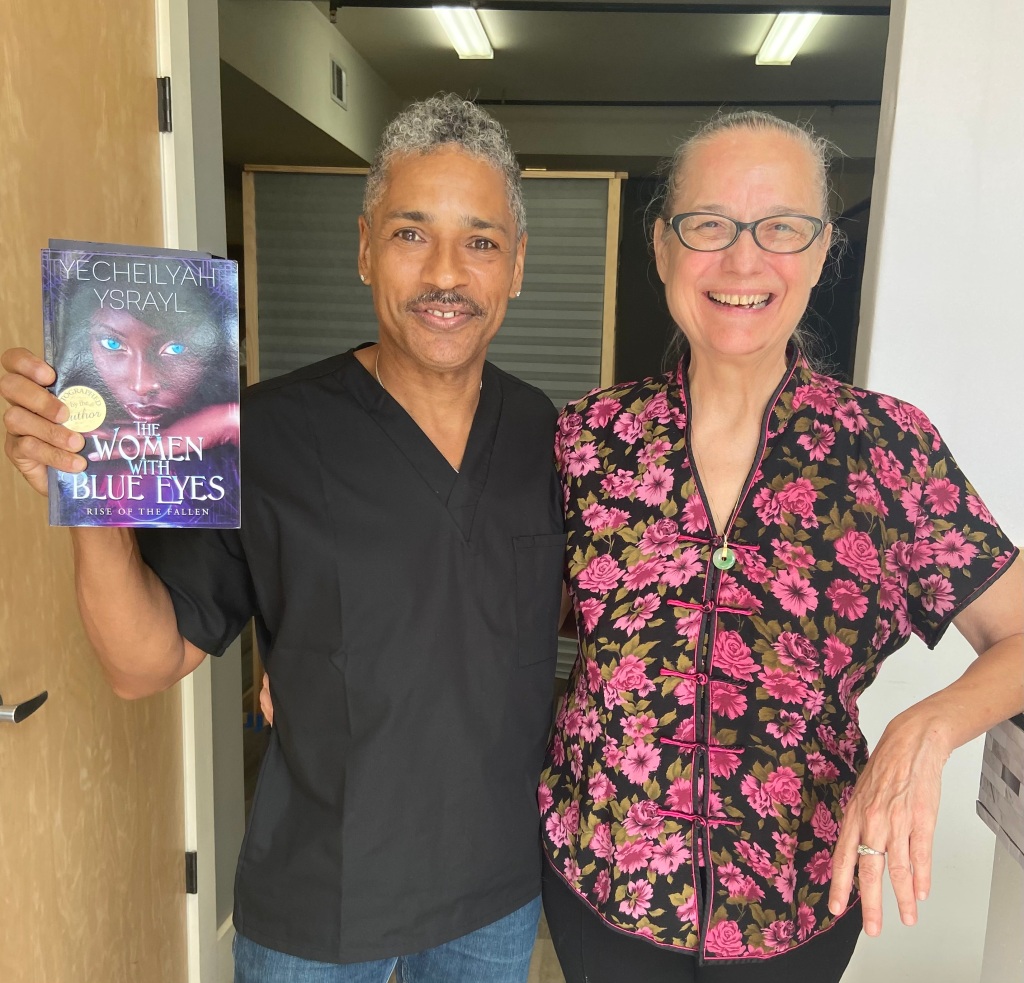
The basic answer is that owning the ISBN to your book makes you the publisher, which is the purpose of self-publishing for most authors who pursue the route.
Let’s look deeper into the ISBN and why I strongly suggest self-published authors own theirs. I’ve written on this before, but this time I am including advice from Sue Collier, the coauthor of The Complete Guide to Self-Publishing, 5th Edition. She has been working with authors and small presses for nearly two decades, providing writing, editing, production, and promotions work for hundreds of book projects.
The ISBN is the set of numbers at the back of your book on the bar code that captures information regarding the book’s publisher, title, language, edition, and version. It is necessary for anyone publishing a book they want to sell.
The number is issued to the publisher, so in traditional publishing, the author does not worry about this, as their publisher will be the book’s publisher of record.
In self-publishing, you can choose a free ISBN assigned by your print-on-demand company, such as Amazon, Lulu, or Ingram Spark. In this case, the company will appear as the publisher of record. For instance, a free Amazon ISBN means Amazon is the publisher, and so on.
Buying an ISBN or getting the freebie is totally up to the author. In fact, a freebie might be ideal for beginning authors on budgets who just want to see their books in print.
Still, the ISBN holds much more weight than these print-on-demand services have let on.
“The POD publisher services companies will try to tell you that it doesn’t matter whether you use their assigned ISBN or obtain your own. But it does because using their ISBN will ensure they are listed as the publisher of record in BIP (Books in Print) as well as with any distributor. Consequently, all orders and inquiries will go to them.”
– Sue Collier
A free ISBN is fine if you only want to publish a book and maybe sell a few copies here and there. However, if you see yourself one day selling your book in bulk to corporations, bookstores, and libraries as the publisher of record, you want to purchase an ISBN so that it belongs to you. Collier explains why:
“Let’s take a few hypothetical situations: Suppose a corporation is interested in purchasing one thousand copies of your book, contacts the Internet publisher (whoever you published through), but you never hear about it. What if a distributor wants to take it on but finds the economics aren’t feasible? Tough luck.”
Sue Collier
Corporations do business with businesses, not individuals. Owning your ISBN with your own imprint positions you as a serious business. If Lulu is your publisher, Lulu is who corporations will contact for the kind of transaction in Collier’s example.
Why?
Because any organization with specific orders or inquiries regarding your book will approach the publisher of record. If you own your ISBN, that would be you/your company. If you do not own your ISBN, that would be whoever you published with.
“In addition, if a POD publishing services company is listed on your book as the publisher, your book may immediately be disregarded by bookstores and potential reviewers as a poorly done vanity press project.”
Sue Collier
Amazon does not vet the manuscripts uploaded to its publishing platform. Consequently, it is flooded with mediocrely written books with poorly designed covers, poor editing, and even worse formatting. When corporations see a book published by Amazon, they automatically throw it into this slush pile.
“Does it really matter? Yes, it does. Here’s the bottom line: If you don’t purchase your own ISBN under your own publishing company name, then you are not the publisher. If you use a publishing services company and let them assign your book an ISBN, they are the publisher, not you.”
Sue Collier
Grabbing the free ISBN from Amazon or whoever you publish with is not a sin. It’s okay. You will still be able to sell your books and do well.
It is, however, very limiting for self-published authors who want to sell their books beyond Amazon’s virtual shelves, have their own imprints, or be the publisher of record for their work so they can sell in bulk and process large orders through businesses and corporations.




One thought on “Why Self-Published Authors Should Own Their ISBN”